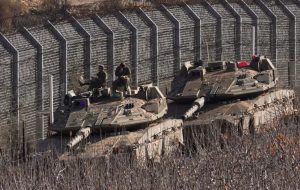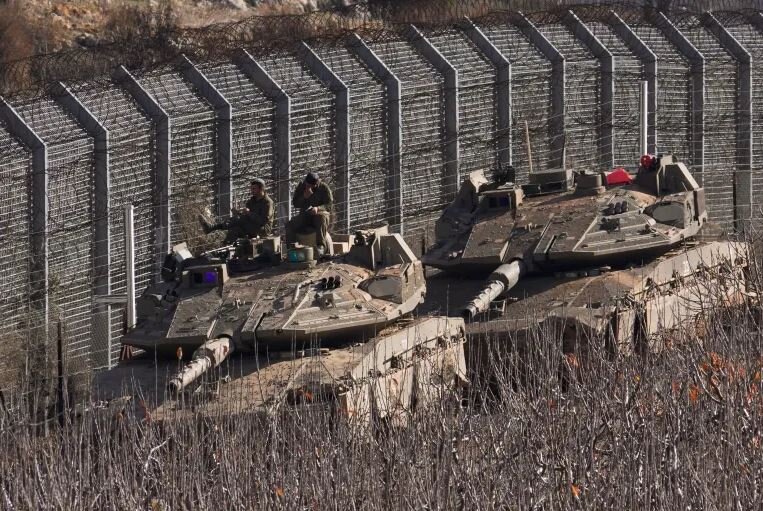Israeli attacks in Syria violates UN Charter: Iran foreign ministry
TEHRAN – The Iranian Foreign Ministry has strongly condemned Israel’s continued attacks on Syria’s infrastructure and its expanding occupation of the Golan Heights, describing these actions as violations of international law and a threat to regional stability. Speaking on Monday, ministry spokesman Esmaeil Baqaei criticized the escalation of Israeli aggression over the past two days.


TEHRAN – The Iranian Foreign Ministry has strongly condemned Israel’s continued attacks on Syria’s infrastructure and its expanding occupation of the Golan Heights, describing these actions as violations of international law and a threat to regional stability.
Speaking on Monday, ministry spokesman Esmaeil Baqaei criticized the escalation of Israeli aggression over the past two days. He noted that these attacks come at a time when Syria is grappling with the aftermath of the recent ousting of its government, exacerbating the suffering of the Syrian people. “These actions represent a blatant violation of the United Nations Charter,” Baqaei stated.
Baqaei also highlighted Israel’s recent move into the buffer zone adjacent to the occupied Golan Heights. The zone was established under a 1974 disengagement agreement between Tel Aviv and Damascus to separate Israeli-occupied territory from Syrian land.
He described Israel’s encroachment into this area as a violation of the agreement and a breach of UN Security Council resolutions. “This illegal occupation demonstrates the Israeli regime’s expansionist and belligerent policies, as well as its disregard for international law and norms,” Baqaei said.
The Iranian spokesman called on the international community, particularly the United Nations Security Council, to take immediate action to halt Israel’s violations against Syria. Baqaei urged regional and international actors to leverage their influence to stop Israel’s aggression and hold the regime accountable for its actions.
He also criticized Western countries for their silence and inaction regarding Israel’s behavior. “This lack of response emboldens Tel Aviv, which interprets Western silence as a green light to continue its violations,” he remarked.
Baqaei’s comments follow reports of significant gains by foreign-backed militants in Syria, who stormed the capital, Damascus, just a day earlier. The resurgence of militant activity comes roughly two weeks after their advances in northern Syria, amid claims of strong backing from Israeli regime, Turkey, and some Western countries.
Since the outbreak of foreign-backed militancy in Syria in 2011, these forces have consistently received support from external actors, including Israel, according to reports. Such support has fueled instability in the region and prolonged the suffering of the Syrian people.
Israel’s attacks on Syria’s infrastructure and its expansion in the Golan Heights are part of a broader strategy, Baqaei suggested. He reiterated Iran’s commitment to standing by the Syrian people and called on the international community to counter Israel’s destabilizing actions.
“The Security Council must act swiftly to end these aggressions, ensure accountability for Israel’s violations, and uphold the principles of international law,” he concluded.
